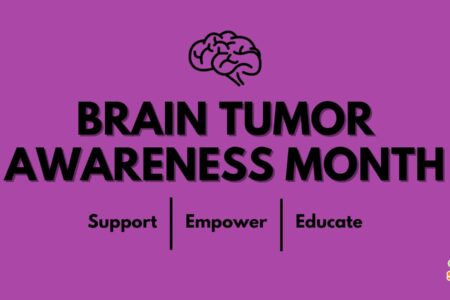
Share On Social!
The National Institute on Minority Health and Health Disparities (NIMHD) has committed nearly $31 million over the next five years toward launching a new program for “Transdisciplinary Collaborative Centers (TCCs)” that will research health disparities and explore the potential for precision medicine to promote health equity for minorities.
“Ultimately, the TCCs will generate new knowledge about precision medicine that resonates from the community level to the national population level,” said Dr. Eliseo J. Pérez-Stable, Director of the NIMHD.
Although many scientific and technological advances have improved the overall health of the U.S., several racial/ethnic minority, socioeconomically disadvantaged, and rural populations continue to experience a disproportionate share of many diseases and adverse health conditions. In an effort to understand the root causes of these health disparities, the NIH conducts research to help reduce and/or eliminate health disparities.
In order to reduce health disparities, it is critical to address inequities in programs, practices, and policies. Join our site, connect with others, and get involved.
The approach of this new program shares the vision offered by President Barack Obama’s Precision Medicine Initiative (PMI), which supports a nationwide effort to build a “longitudinal research cohort” of 1 million or more U.S. volunteers which will produce new knowledge with the goal of developing more effective ways to prolong health and treat disease.
Benefits of medical advances are not always distributed equally or equitably for a variety of reasons. Precision medicine is an emerging approach for disease for disease prevention, early detection and treatment that takes into account individual variables in genetics, environment, demographics, social determinants, and an individual’s lifestyle.
“The core values of the President’s PMI challenge the scientific community to advance population health in ways that create true benefits to all populations,” said Pérez-Stable. “Precision medicine research endeavors must go beyond biologic and clinical markers and include social determinants of health, such as the economic, social and political conditions that influence health status.”
Read more about this story here.
Login and share this resource with others to help make a difference for the next generation.
Read stories similar to this one:
- New toolkit helps schools promote healthcare enrollment. #SaludAmerica #HealthEquity #Enroll365 http://salud.to/29lruJb @SaludToday
- New Equity Office will address diversity concerns in Austin. #SaludAmerica #HealthEquity http://salud.to/29qxF0n @SaludToday
Explore More:
Healthy Families & SchoolsBy The Numbers
142
Percent
Expected rise in Latino cancer cases in coming years




